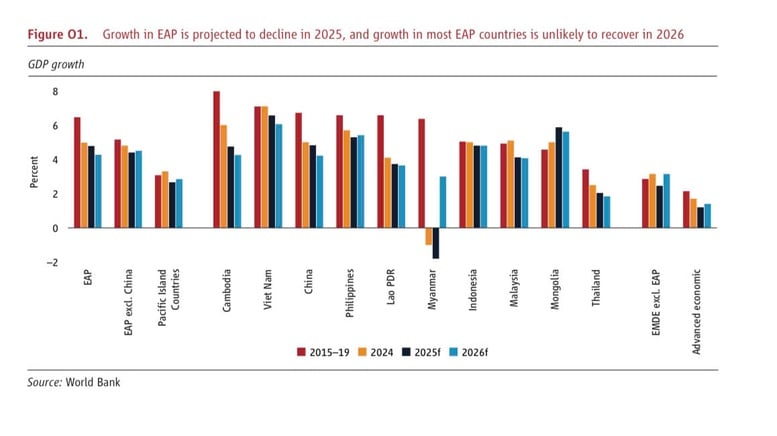
Vietnam is rated as leading with 6.6%, followed by Mongolia (5.9%) and the Philippines (5.3%).
East Asia- Pacific : Strong growth but lack of good jobs
According to the World Bank's East Asia- Pacific Economic Update Report for October 2025 released on October 7, the region is expected to grow by 4.8%, down slightly from 5.0% in 2024. Vietnam is expected to lead with 6.6%, followed by Mongolia (5.9%) and the Philippines (5.3%). Meanwhile, China, Cambodia and Indonesia are all forecast to grow by 4.8%, while the Pacific island countries will only grow by 2.7% and Thailand by 2%.
The report says that the inclusive growth model that has brought success to East Asia is facing new challenges. Most jobs have recently been created in the informal service sector, which is low in productivity and lacks opportunities for advancement. Young people struggle to find work, and women still have low labor force participation rates. Although 25 million people are expected to escape poverty in 2025–2026, the proportion of the population at risk of falling back into poverty remains high.
Carlos Felipe Jaramillo, World Bank Vice President for East Asia and the Pacific, said: “The region is facing a paradox – strong growth but a lack of quality jobs. Bold reforms to remove barriers to market entry, promote competition and unlock private capital will help businesses become more dynamic, creating more sustainable jobs.”
According to the World Bank, high-frequency indicators show that the growth momentum is slowing. Although retail sales are rising and industrial production is stable, consumer and business confidence remain low. Exports have shown signs of increasing in the face of new tariffs, but new orders have not recovered.
Regional growth is forecast to slow to 4.3% in 2026, weighed down by trade barriers, global uncertainty and reliance on fiscal stimulus rather than structural reforms.
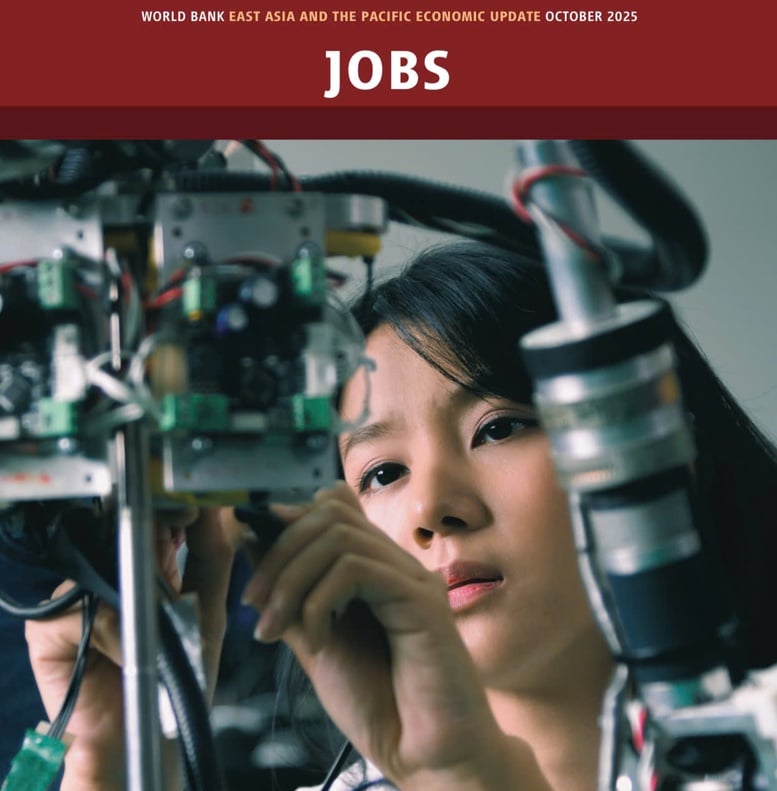
The World Bank stressed: The region is facing a paradox – strong growth but a lack of quality jobs. Bold reforms to remove barriers to market entry, promote competition and unlock private capital will help businesses become more dynamic, creating more sustainable jobs.
Vietnam – a bright spot in the region
In a volatile regional picture, Vietnam continues to stand out with its steady recovery in production and consumption. The World Bank highly appreciates its ability to flexibly manage policies, effectively control inflation, and support businesses to recover after the pandemic.
At the report launch on October 7, Aaditya Mattoo, Chief Economist for the East Asia and Pacific region of the World Bank, said: About 80% of new jobs in Vietnam are created by young, dynamic businesses (established in the last few years). This is a positive signal, showing the strong vitality of the private sector.
Mr. Aaditya Mattoo commented that Vietnam has specialized more deeply in high value-added industries and services, but "institutional reform and improving labor productivity will be the decisive factors" for Vietnam to take advantage of opportunities from the shift in global supply chains.
Vietnam’s participation in regional production chains remains modest. Therefore, accelerating economic structural reforms and improving governance capacity are considered urgent requirements to consolidate sustainable growth momentum.
The report also mentioned the impact of new US tariff policies, which affected trade of many exporting economies in the region.
According to the World Bank, economies need to avoid relying on short-term stimulus and instead focus on long-term reforms such as improving the quality of education, simplifying business procedures, and promoting effective public investment. This will create a "positive cycle" between opportunity and capacity, promoting higher employment and growth.
"For Vietnam, the important solution is not only to expand export markets, but also to strengthen domestic demand, innovation and strong digital transformation in the private sector. Improving labor productivity is considered the key to shifting to a high-quality growth model where value-added industries play a leading role," the WB recommended.
Mr. Minh
Source: https://baochinhphu.vn/wb-viet-nam-dan-dau-tang-truong-khu-vuc-dong-a-thai-binh-duong-nam-2025-102251007152558927.htm




![[Photo] Prime Minister Pham Minh Chinh attends the World Congress of the International Federation of Freight Forwarders and Transport Associations - FIATA](https://vphoto.vietnam.vn/thumb/1200x675/vietnam/resource/IMAGE/2025/10/08/1759936077106_dsc-0434-jpg.webp)
![[Photo] Prime Minister Pham Minh Chinh inspects and directs the work of overcoming the consequences of floods after the storm in Thai Nguyen](https://vphoto.vietnam.vn/thumb/1200x675/vietnam/resource/IMAGE/2025/10/08/1759930075451_dsc-9441-jpg.webp)


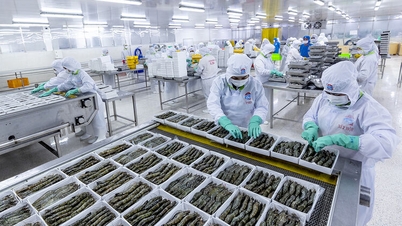








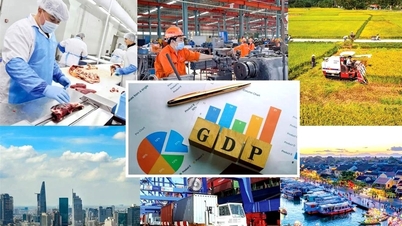



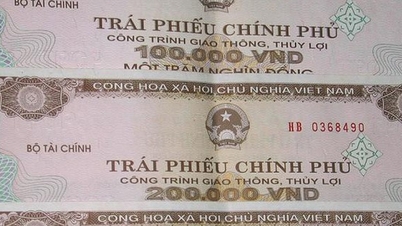











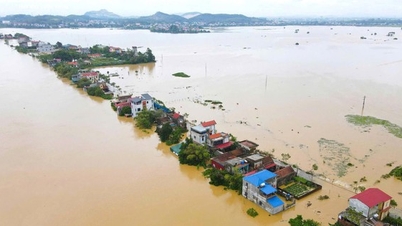







































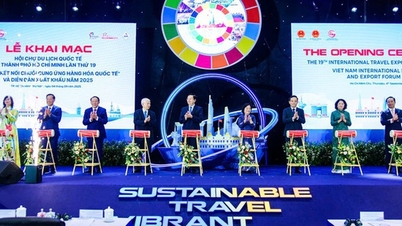




























Comment (0)